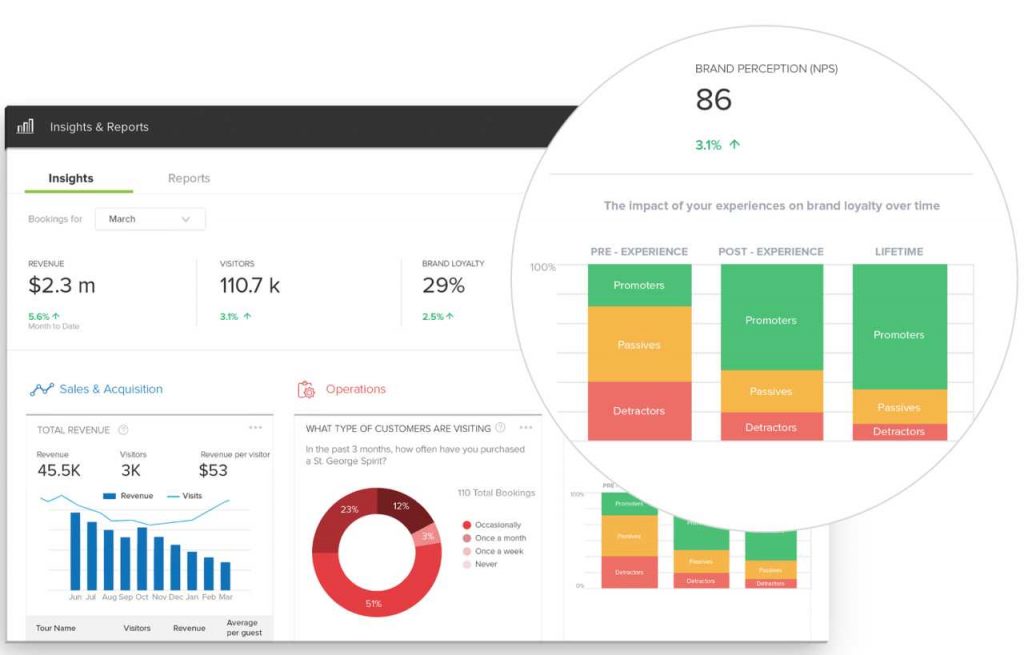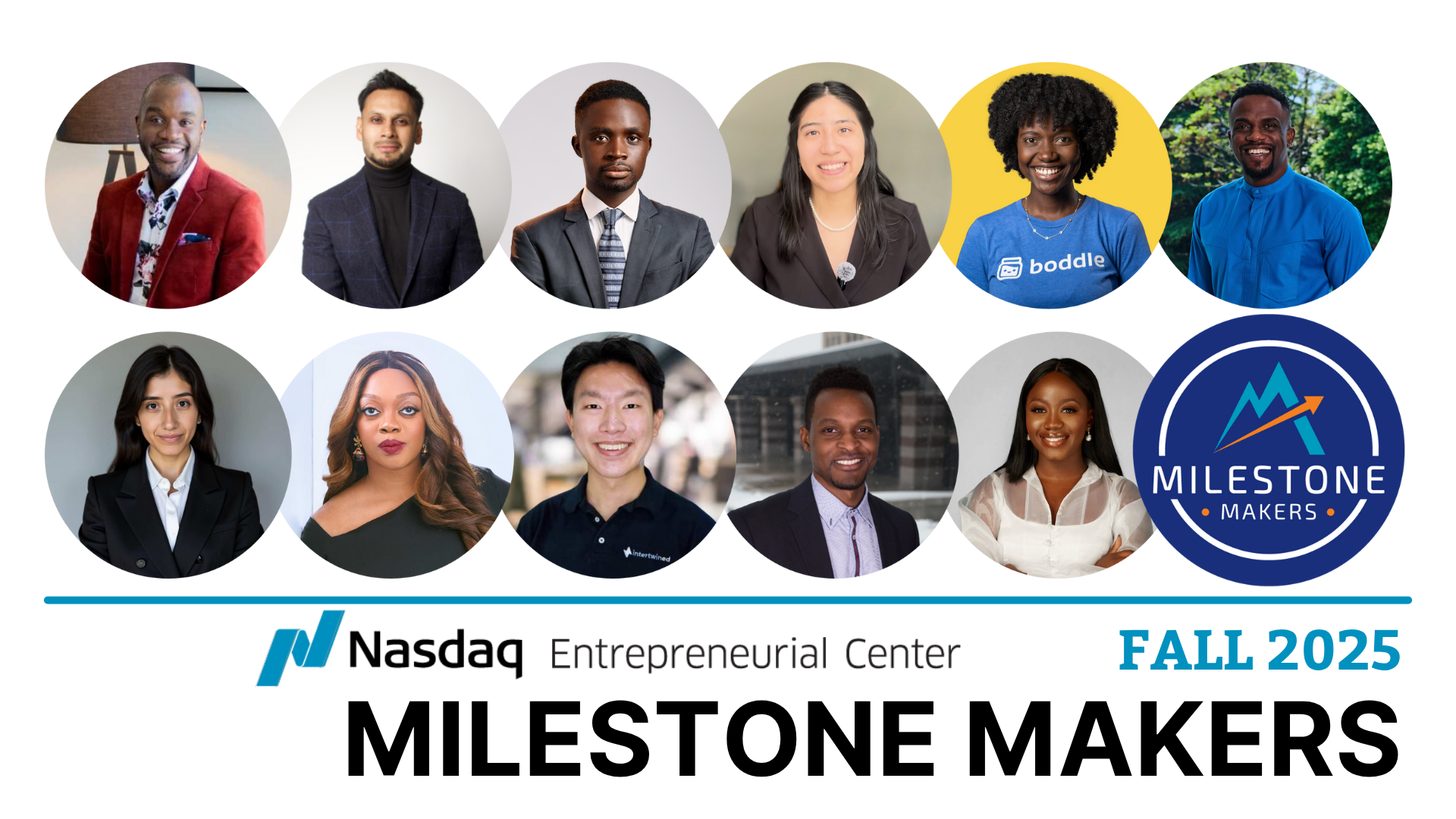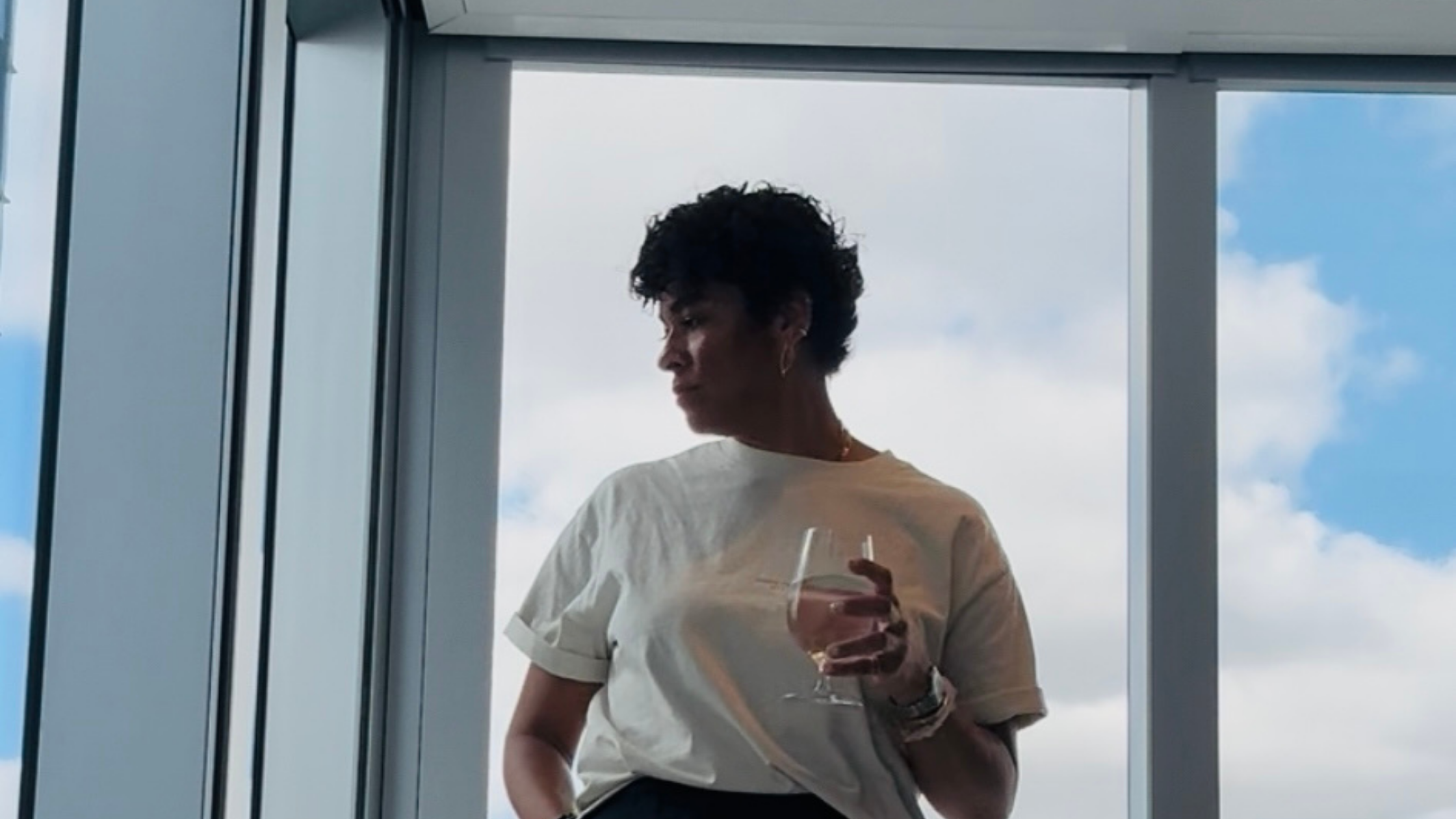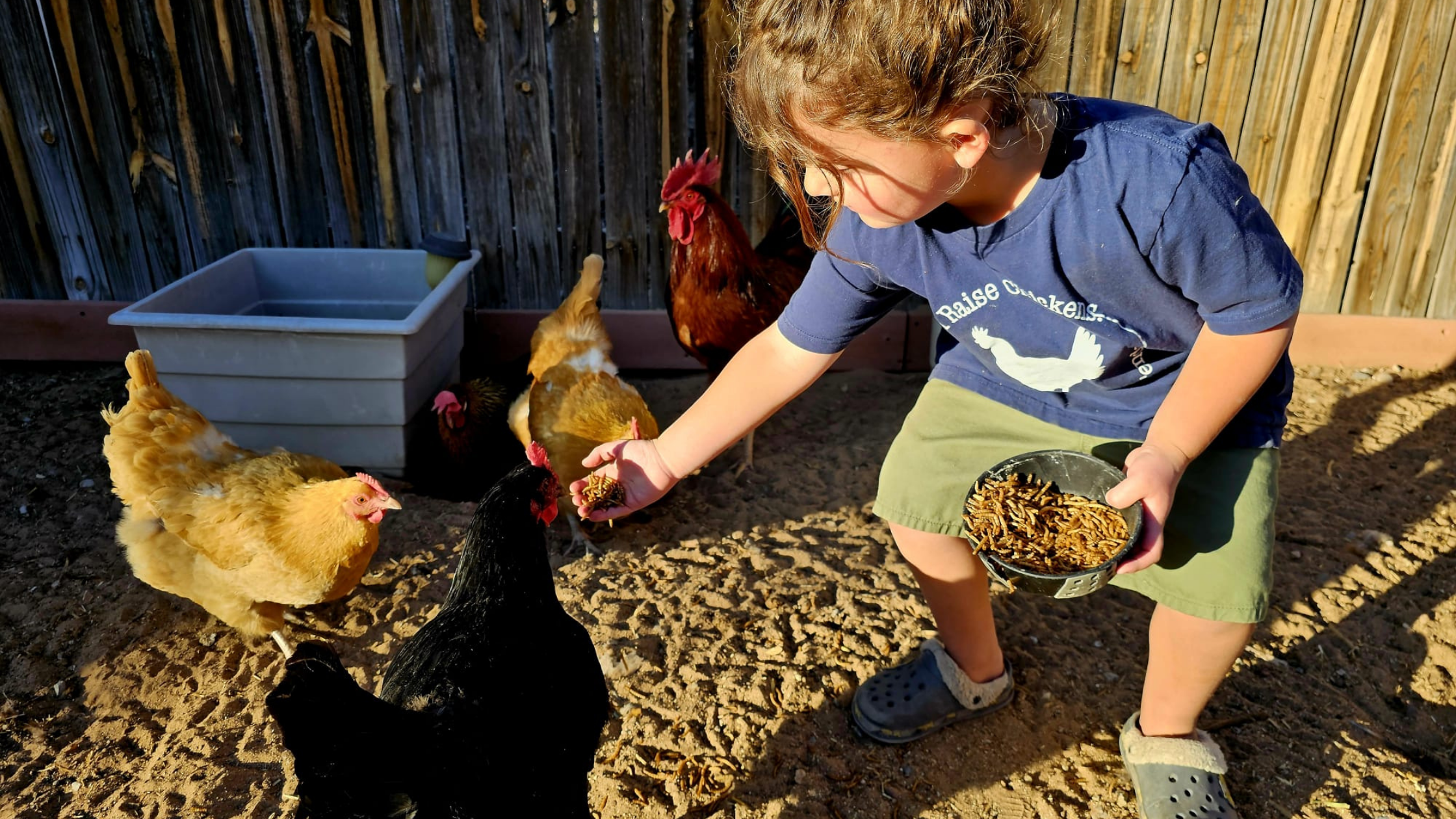Jonathan Yaffe is the CEO & Co-founder of AnyRoad an Experience Relationship Management platform that hinges on the belief that experiential marketing is crucial to building long lasting brand loyalty. The platform helps some of the world’s most innovative companies offer extraordinary experiences and use data from those experiences to connect more deeply with their customers. Yaffe took a moment to update the Nasdaq Entrepreneurial Center on her journey as a founder so far.
What does “entrepreneurship” mean to you?
JY: To me, entrepreneurship means taking a leap to make the world a bit more like what you think it should be. All great entrepreneurs start with a vision and work to conform the world to their ideal views of it. It’s often about being unreasonable in the face of probabilistic failure. Like George Bernard Shaw said, “The reasonable man adapts himself to the world; the unreasonable one persists in trying to adapt the world to himself. Therefore all progress depends on the unreasonable man.”
Tell us, what sparked the idea behind AnyRoad?
JY: After college, I worked at Red Bull doing experiential marketing. Armed with Red Bull cars, street teams, dynamic events, lots of cold cans, and billions of dollars in the budget, Red Bull used experiences to create an entire market and a global brand. The problem is that we didn’t know how to measure what we were doing – certainly, there was incredible ROI (and it worked), but no one was truly measuring or optimizing it.
My brother Daniel and I started researching the industry and realized that this is actually a massive market – the 5th largest marketing expenditure. Almost every consumer enterprise is spending over 8% of their marketing budgets on offline branded experiences, and none of them are tracking attribution and ROI.
What is the biggest experience or lesson gained on your journey so far?
JY: Focus. As we built AnyRoad, we’ve encountered millions of other tangential opportunities, products we could build, customers we could pursue, and conferences we could attend. Without any hyperbole, I can say the greatest reason we’ve gotten to where we are today, is our team’s constant emphasis on focus, which means saying no way more than yes.
How is your company changing the landscape?
JY: For the first time, AnyRoad is creating and aggregating offline experience data, building complex analytics with it, and connecting it back into CRMs and digital tools. We’re building the Salesforce for offline engagement, which is possible now because data allows us to predict how experiences change behavior.
 What do you wish you knew when you started? Is there anything you would do differently?
What do you wish you knew when you started? Is there anything you would do differently?
JY: I’d make decisions faster.
What credo do you live by as you grow the business?
JY: Commit to Risk.
When I was 21, I sold my car and my bus, quit my job, and bought a one-way ticket to the middle of the Brazilian Amazon. I didn’t know what to expect or where I would be staying, nor could I have predicted that I’d spend the next 2.5 years all over South America, hitchhiking around, writing poetry, climbing mountains, scuba diving, and learning languages. It was a risky opportunity to explore the unknown while giving up a comfortable life in California. In Bogota 2.5 years later, my money ran out, at which point I was craving sushi in Japan. Another one-way ticket… that’s another story.
All the success in my life is a product of taking massive risks and then doubling down in committing to them.
What advice do you have for fellow entrepreneurs about building and leading teams?
JY: Work with your brother! When Daniel (my brother) and I started building AnyRoad, we were able to put 100% of our energy into the business, without having to spend time working on things like communication and dealing with conflict – after all, we had already been working on that for 30 years!
As we grow the team, we’re extremely passionate about diversity – in gender, ethnicity, background, education, and skills. We’re building a Zero Gap (gender balanced) company, and we believe this builds a better foundation for diversity in thought, blunt honesty in communication, and no egos.
Where do you find inspiration when faced with challenges?
JY: I find a lot of inspiration in poetry and literature. Many of the writers who have defined innovation in the literary world took brutally experimental directions with their words. From Cummings and Marquez to Murakami and Ginsberg, it’s profoundly inspiring to see how rather than follow the structures they learned in school, they conformed the world of literature to fit their work.
What does “success” look like for you? What do you think will help you achieve it?
JY: Success is a state of mind where I find myself completely in tune with my own inner values, and that balance creates far more motivation than any material incentives. Before AnyRoad, I was running KAIS (the international school I founded in Tokyo), and I still get letters from former students telling me all about their accomplishments and adventures as they’ve become adults. Whatever small impact I’ve had on their growth is the greatest success I can imagine, and so I continue to chase opportunities in which I can have an outsized impact.
What lesson did 2018 have for you? What do you look forward to in 2019?
JY: 2018 taught me the power of relentless perseverance – when we were against the wall, we basically just repeatedly refused to fail. We doubled down on what was working and cut things that weren’t.
2019 will be about scaling. Building the foundation of a company is a completely different challenge than building the second hundred floors, and I’m super excited to work with my amazing team on this next chapter.
Many entrepreneurs continue to perfect their daily routines to support their work and greater vision; would you mind sharing your morning routine or a regular ritual that grounds your work each day?
JY: Espresso. Emails. News. Eggs. Kombucha. AnyRoad Metrics. Kettle Bell.
What kind of an entrepreneur do you want to be known as, as in, what do you want your legacy to be?
JY: I want to create a better understanding of experiences and how they impact our behavior. We’re in a massive cultural and economic shift from a things economy to the experience economy, and it’s having a profound impact on business, behavior, and inclusion. Traditional retail is dead as the few innovative companies redefine themselves as experiential companies, and millennials are leading the way in eschewing collecting things in favor of collecting experiences. I believe we’re in the right place surfing this wave, and we’ll be the data platform that underlies it.




